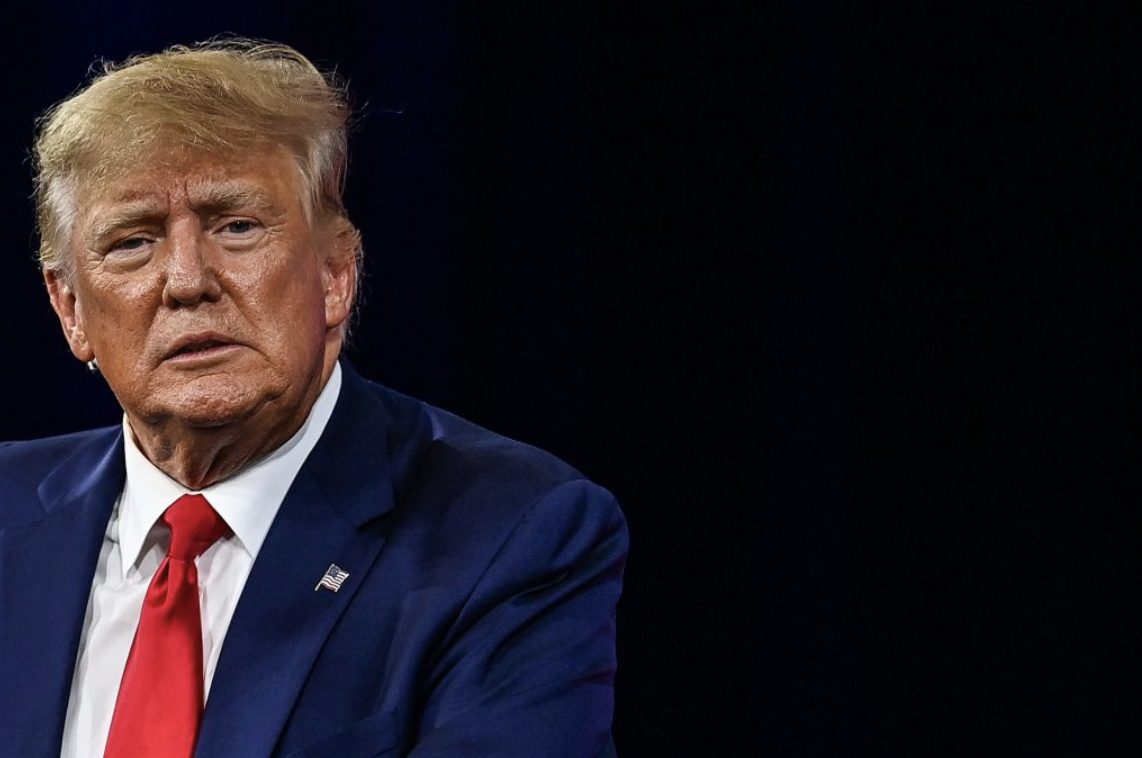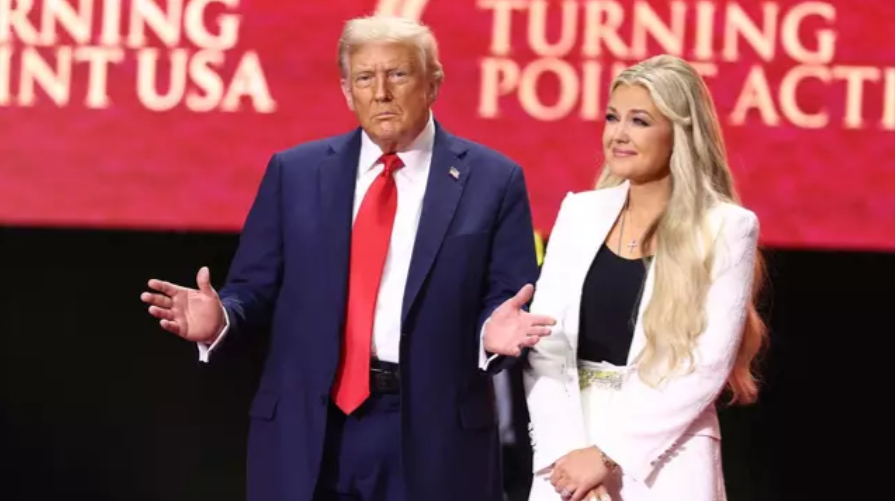Former President Donald Trump’s recent behavior has raised alarms within the Republican Party. GOP insiders are increasingly worried about Trump’s “nervous breakdown” over Vice President Kamala Harris.
His aggressive and derogatory attacks on Harris, coupled with racial innuendos, are not only seen as ineffective but also potentially damaging to his standing within the party.

Trump has been relentless in his public critiques of Kamala Harris. He consistently refers to her as “dumb,” a baseless and sexist insult. Furthermore, he has questioned her racial identity, igniting accusations of racism. These attacks are reminiscent of his previous campaign strategies, which often relied on personal insults and inflammatory rhetoric. However, in the current political climate, such tactics seem to be backfiring.
Political analysts and GOP insiders argue that Trump’s attacks on Harris are not gaining the traction he expected. Instead of undermining Harris’s credibility, his comments are seen as unbecoming and desperate. Harris, a former California Attorney General and U.S. Senator, has established herself as a formidable political figure. Her intelligence, experience, and resilience are well-recognized, making Trump’s attempts to portray her as “dumb” appear out of touch with reality.
The questioning of Harris’s racial identity is particularly problematic. As the first female Vice President of African and South Asian descent, Harris’s background is a source of pride and inspiration for many Americans. Trump’s insinuations come across as racially charged and divisive, further alienating voters who are tired of such rhetoric.
Within the Republican Party, there is growing concern about Trump’s behavior. Insiders describe his recent actions as a public meltdown, indicative of someone who is unable to handle the pressure of a competitive political landscape. This perception is particularly worrying as the GOP gears up for future elections. Trump remains a dominant figure within the party, and his actions could have significant implications for the GOP’s strategy and success.
Some Republicans fear that Trump’s inability to effectively counter Harris could signal a broader problem with his approach to political competition. His reliance on personal attacks and controversial statements may no longer be sufficient in an environment where voters are increasingly seeking substantive policies and competent leadership.
The implications of Trump’s behavior extend beyond his personal political future. The GOP faces the challenge of balancing its allegiance to Trump with the need to present a cohesive and appealing platform to voters. If Trump continues on this trajectory, it could create a rift within the party, forcing leaders to choose between supporting him or distancing themselves in favor of more viable candidates.
There is also the risk of alienating key voter demographics. Women, minorities, and young voters are particularly sensitive to the kind of rhetoric Trump is employing. The GOP’s ability to broaden its base and attract these groups could be severely hampered if Trump remains a central figure and continues his current tactics.
As the political landscape continues to evolve, the Republican Party must carefully navigate its association with Trump. While he remains a powerful and influential figure, his recent behavior towards Kamala Harris is a cause for concern. The GOP will need to assess whether Trump’s approach is compatible with the party’s long-term goals and values.
For Trump, the challenge lies in adapting to a new political environment. His previous strategies may no longer be effective, and he will need to find ways to engage with voters and opponents in a manner that is both respectful and substantive. The ability to handle competition without resorting to personal attacks will be crucial if he hopes to maintain his influence and legacy.
The concerns within the Republican Party about Donald Trump’s potential “nervous breakdown” over Kamala Harris highlight significant issues regarding his approach to political competition. As Trump continues his attacks, the GOP faces the challenge of managing his influence while striving to present a united and appealing front to voters. The effectiveness of Trump’s tactics is waning, and both he and the party must adapt to the changing political dynamics to remain relevant and successful in future elections.




